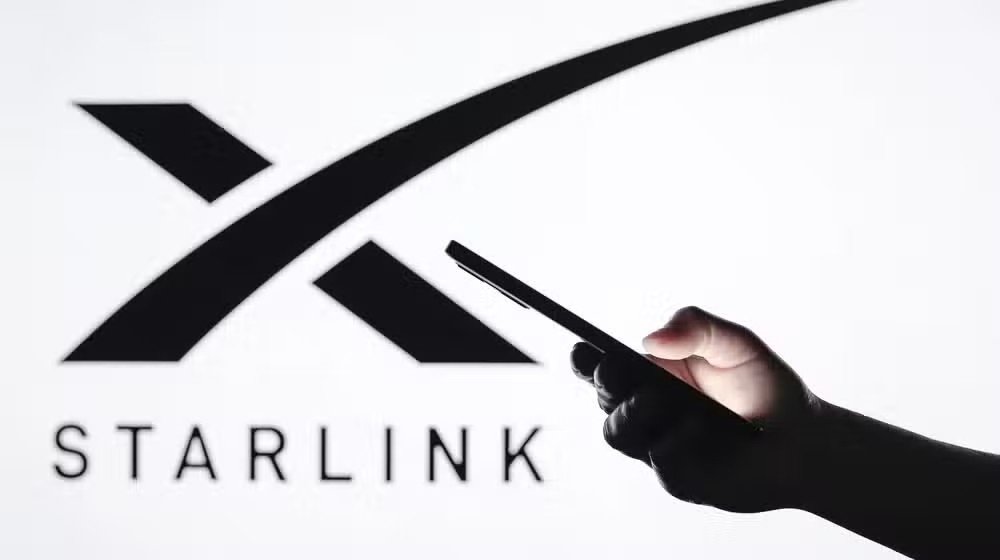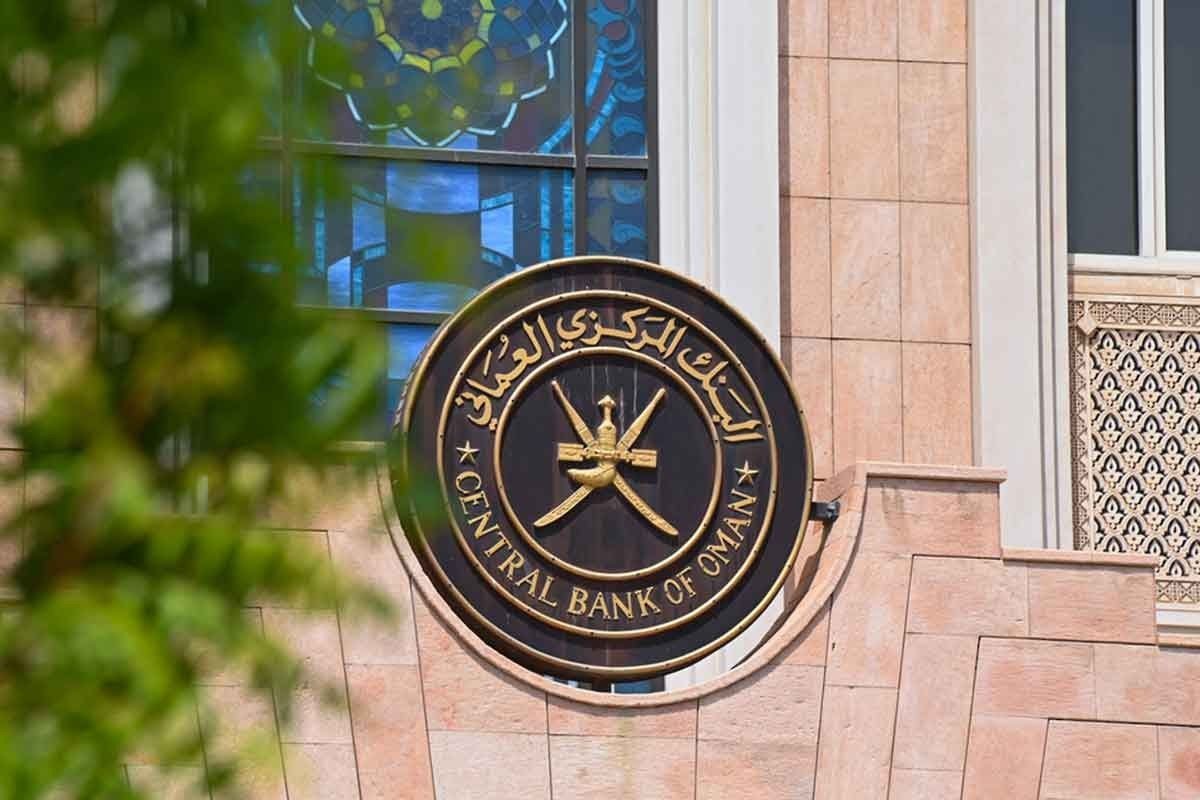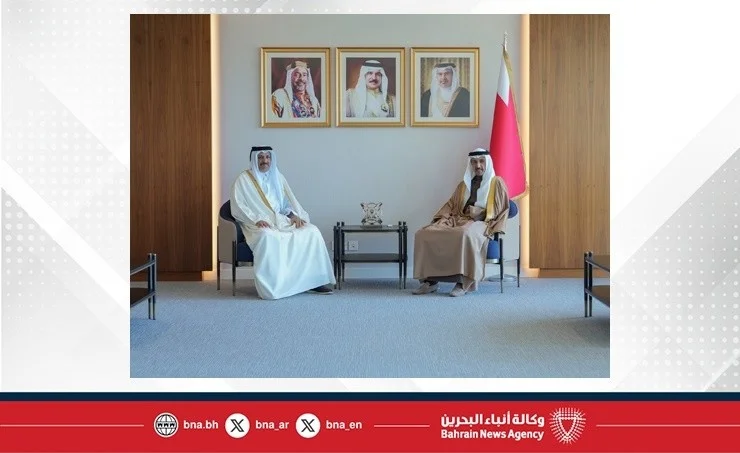The Pakistan Telecommunication Authority (PTA) has released a draft license framework for Fixed Satellite Services (FSS), creating new opportunities for both local and global satellite internet providers, including Starlink, to operate in the country. Industry experts view this as a landmark move that could transform connectivity in remote and underserved regions of Pakistan.
The draft framework, shaped by stakeholder consultations held in February 2025, establishes a non-exclusive licensing regime covering Fixed Earth Stations, Gateway Earth Stations, and Very Small Aperture Terminals (VSAT). It allows operators to deliver broadband, backhaul, intranet, and satellite bandwidth services.
Under the new terms, companies can now acquire a single license for US $500,000, significantly reducing costs from the previous requirement of 15 separate licenses totaling US $640,000. Licenses will be valid for 15 years, with rollout required within 18 months of approval and at least one Gateway Earth Station mandated within Pakistan. Operators must also ensure all user data is stored locally to comply with national security and digital sovereignty policies.
Before applying for a PTA license, providers must register with the Pakistan Space Activities Regulatory Board (PSARB), created under the Pakistan Space Activities Rules 2024. The PSARB is currently developing regulations on licensing, frequency coordination, safety, and data protection with international support, building on the National Space Policy adopted in 2023.
Financial commitments include an initial license fee of US $500,000, plus annual contributions of 1.5% of gross revenues to the Universal Service Fund, 0.5% as spectrum usage fees, and 0.5% as annual license fees.
PTA has opened the draft for public consultation until September 19, 2025. Observers believe this step paves the way for major players such as Starlink, OneWeb, and Shanghai Spacecom Satellite Technology to enter Pakistan’s market, accelerating digital inclusion and strengthening the country’s space economy.















